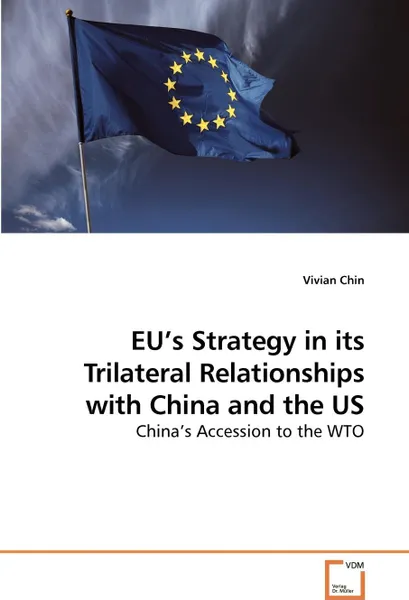EU's Strategy in its Trilateral Relationships with China and the US 12+
Автор: Vivian Chin
2009
76 страниц
Категория: Научная литература
ISBN: 9783639221398
Язык: Английский
📒 China's accession to the WTO was perceived as the West integrating the East into the international economy. The major actors, the United States and the European Union, with similar economic structures and ideologies were expected to cooperate. However, while the US adopted a confrontational approach, the EU was cooperational. The author of this article tries to explain why the EU behaved differently. The author argues the EU started to perceive the US as a potential threat while China was growing as a trade power. Under this changing power structure, China's accession came as an opportunity for both the US and the EU to influence the process. The EU, in order to balance and to contain its dependence on the US, chose to build partnership with China and to aggregate their economic capabilities, working as soft balancing. The EU had explicitly stated that it had to make its own genuine European policy to China and considered building partnership with China was the only way to make its voices heard. The author concludes the EU functioned as a bridge-builder, largely enhancing its strategic importance in the WTO and in the world economy.
Мнения
